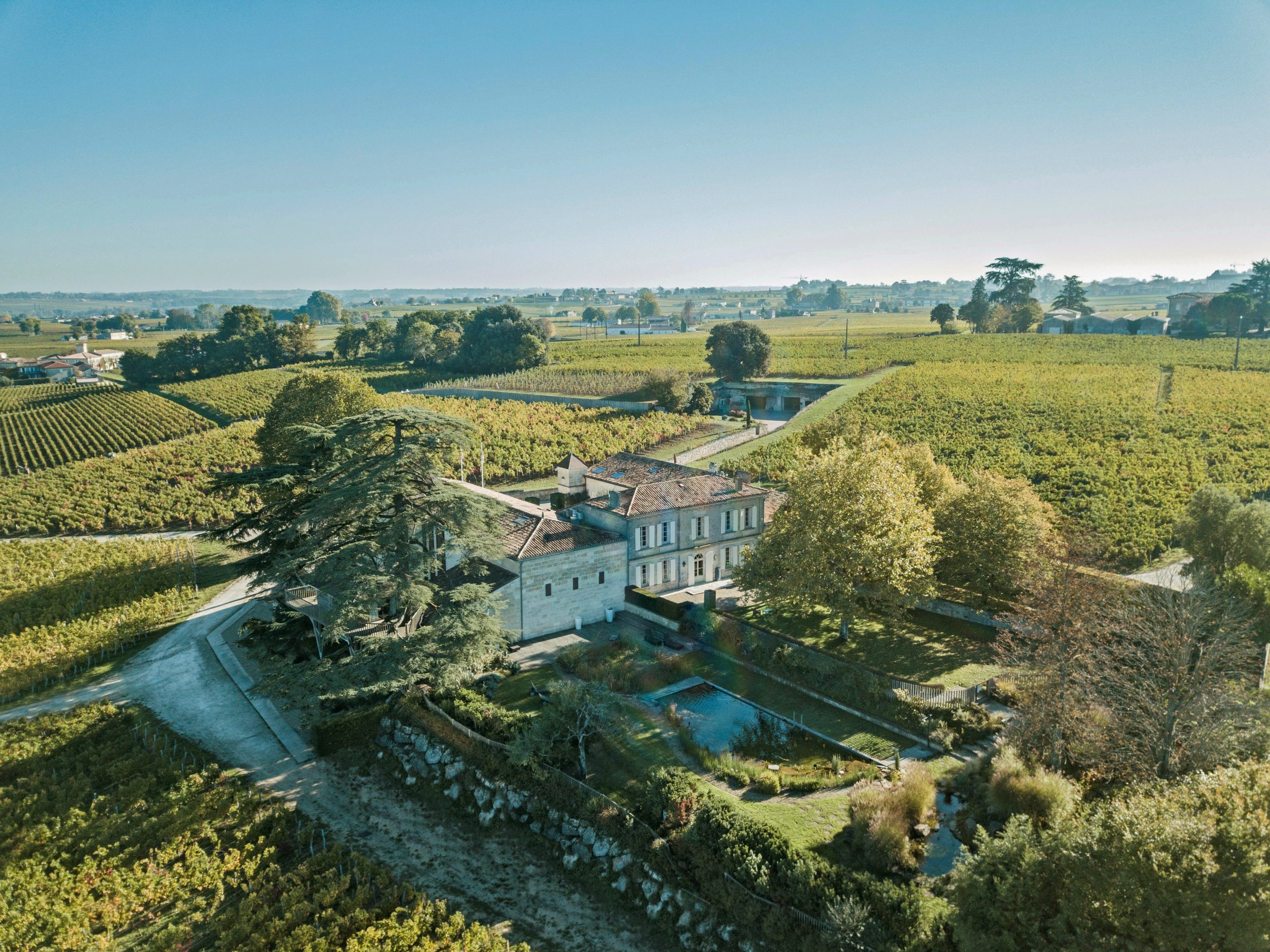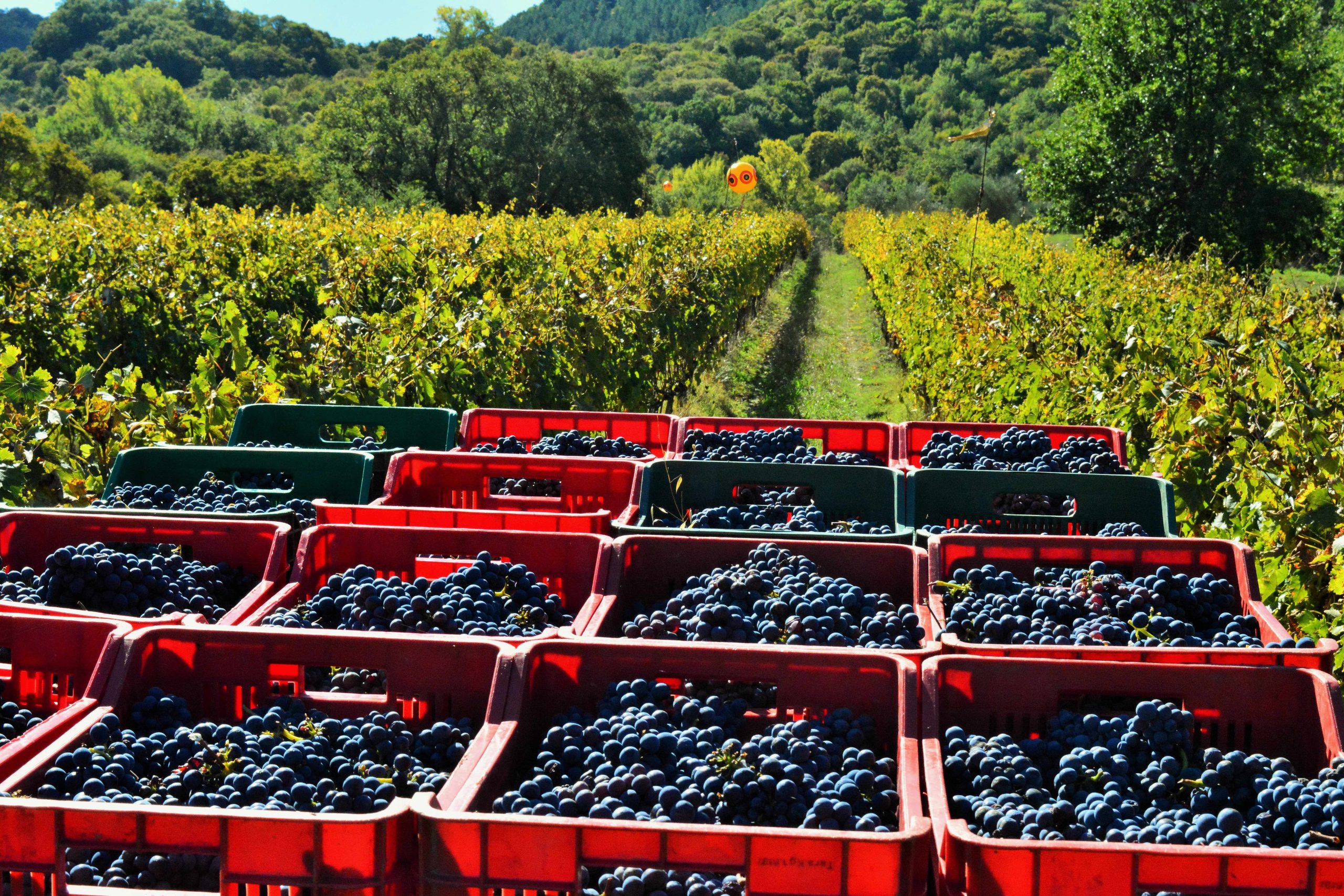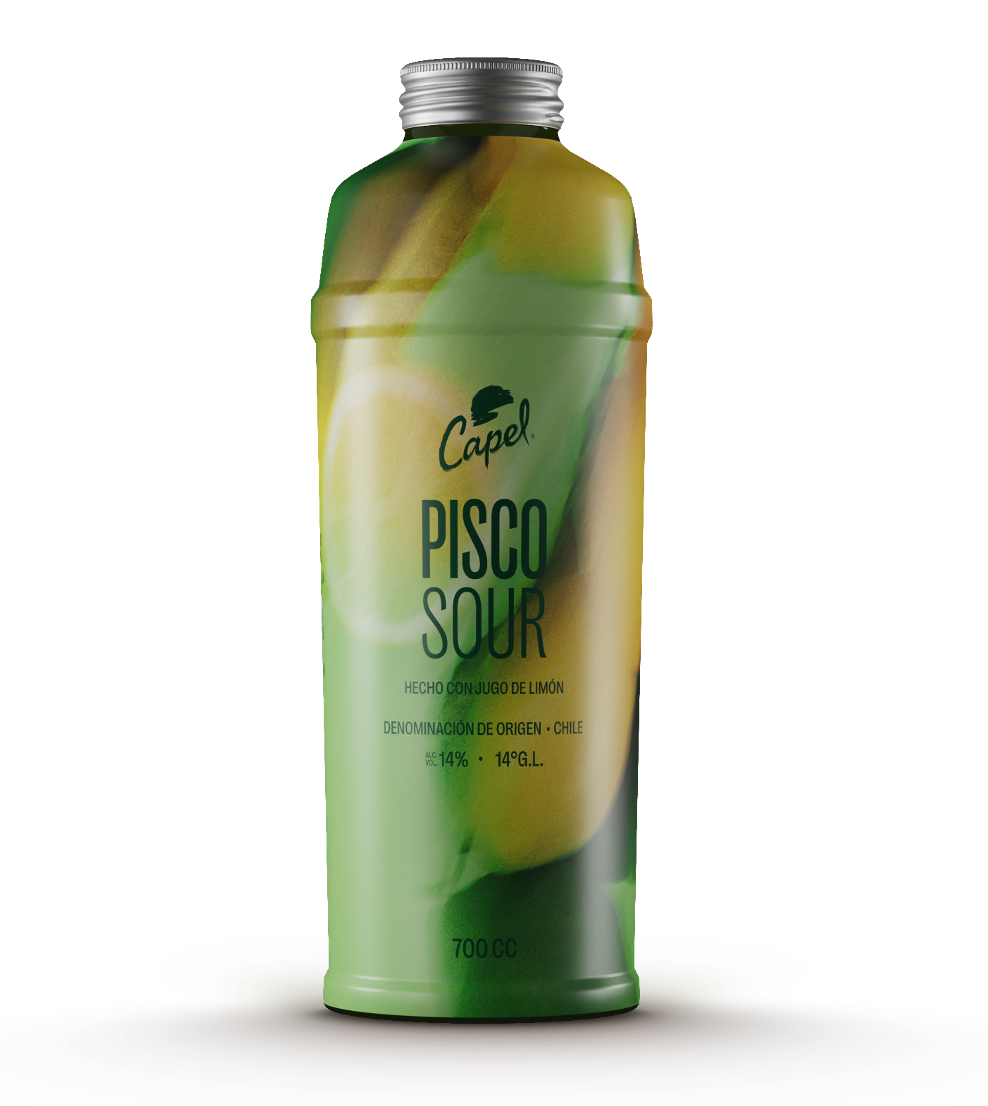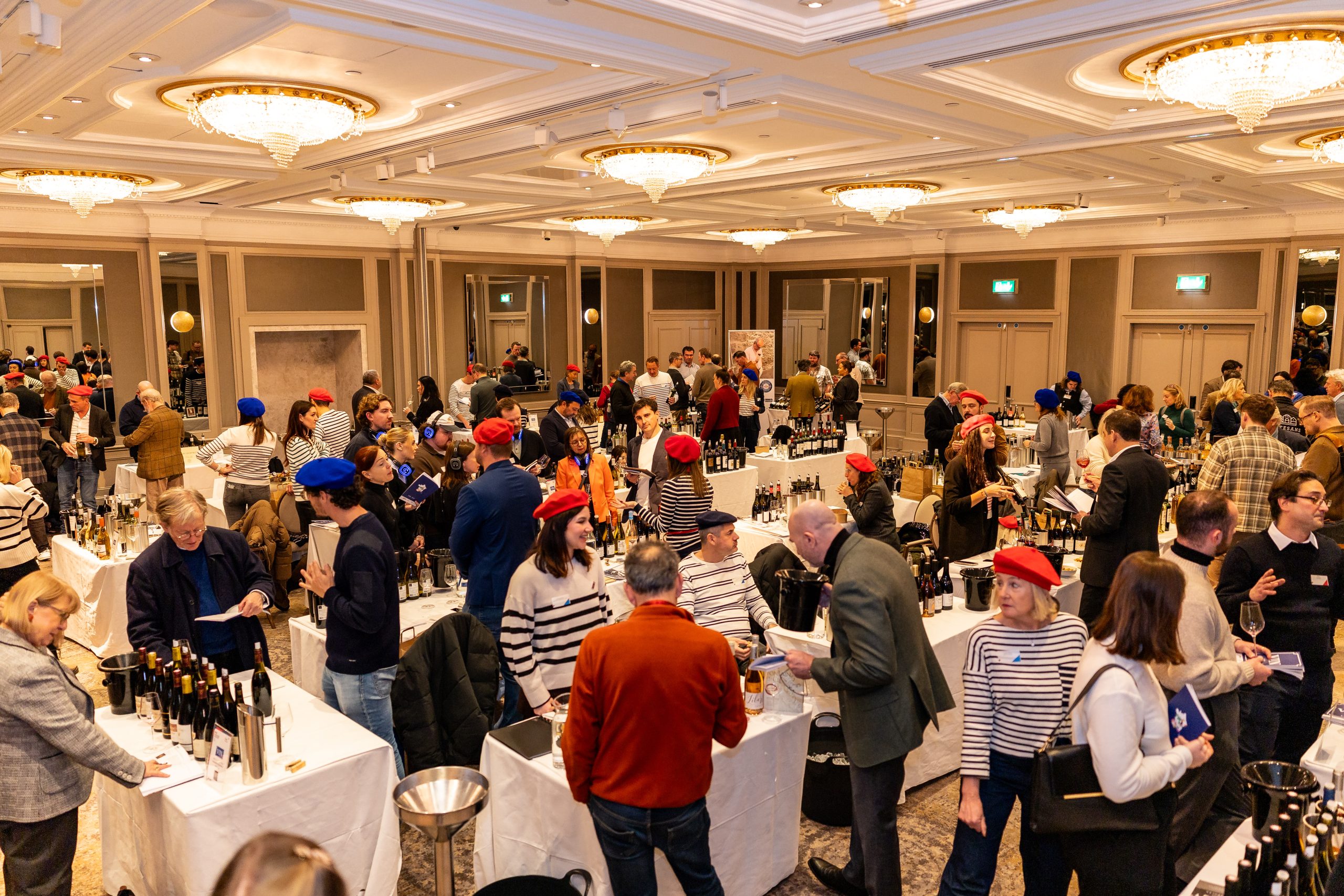Constellation’s Fresca deal sweetens 25% drop in wine and spirits
Constellation may have had a challenging time of it lately, with sales of its wine and spirits falling by a quarter, but the company’s hard seltzer deal with Coca-Cola Fresca signals a silver lining on the horizon.
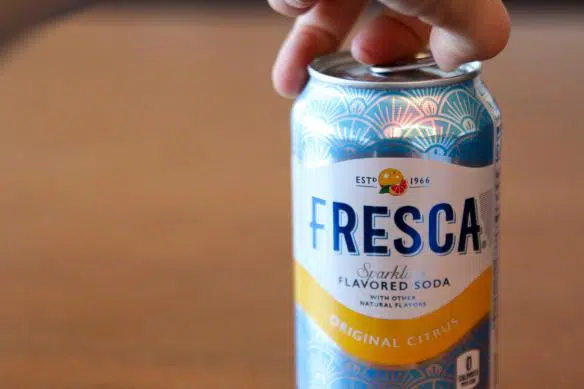
Much coverage has been given to the pact between Constellation Brands and Coca-Cola to launch a range of spirits-based ready-to-drink canned cocktails under Coke’s Fresca label.
For Coke, the deal represents a further extension into the market for alcoholic sodas, following the success in launching Top Chico Hard Seltzer in partnership with brewer Molson Coors.
Constellation will handle the production and distribution of the range through its US distributorships beginning later this year. That mirrors PepsiCo’s roll out of Hard Mountain Dew in conjunction with Boston Beer, which will hit the shelves in the US next month.
Fresca has undergone many identity changes since it first appeared in 1958 but says that today it is the fastest-growing soda brand in its US portfolio. Significantly, about half of its existing consumers use the grapefruit-flavoured Fresca as a mixer in cocktails.
During 2020 the closure of much of the on-trade in the US prompted consumers to switch to cocktail-making at home and generated booming purchases of canned cocktails. That market segment grew by 52.7% compared with 2019, accounting for 7% of volumes in the alcoholic ready-to-drink category according to IWSR.
While that growth rate slowed significantly last year (as witnessed by Boston’s ditching of millions of cases of its Truly brand as supply far outstripped demand), it is significant that both Coke and Pepsi have joined forces with two of the biggest forces in the US alcohol market to extend their soda ranges into low-alcohol cocktails.
Just as in the hard seltzer market, the US will comprise a significant market in itself but also form the test bed for international extension of alcoholic canned cocktails.
The Fresca deal, however, overshadowed Constellation’s latest results, and while still combating logistics headaches such as distribution bottlenecks, shortages of glass and severe weather disruption in parts of the US, its third-quarter figures prompted bullish confidence from the company.
It reported better-than-expected sales and earnings in its third-quarter to the end of last November. Overall sales declined compared with the same period in 2020 but earnings improved, beating analysts’ expectations and prompting chief executive Bill Newlands to raise his forecasts for the full year.
They are largely driven by the burgeoning beer division headed by Modelo Especial and Corona Extra, the Mexican brands that have transformed Constellation over the past five years. The group is spending US$5 billion in Mexico over the next five years to increase output, such is its confidence in the category.
For the full year it now expects net beer sales growth of between 10% and 11%, up a couple of points on previous forecasts.
Despite a headline 25% fall in sales to $568m in the quarter, the wines and spirits division made “solid progress”, according to Newlands,” transforming both its brand portfolio and its financial profile”.
Much of that followed the sale of a portfolio of commodity brands to Gallo at the start of last year, part of what Newlands called “our journey to higher-end wines and spirits focused on delivering increased revenue growth and margin expansion.”
To achieve this premiumisation, the division has been split into two operating arms, fine wine and craft spirits, which includes The Prisoner, Meiomi and Kim Crawford, and mainstream brands such as Woodbridge, Robert Mondavi Private Selection and Svedka vodka.
Partner Content
Newlands says that he now expects organic net sales from wines and spirits to show gains of between 4% and 6% in the full year compared with the previously expected 2% to 4%. Much of that will be due to improved distribution of 70% of the portfolio through a new deal with Southern Glazers, one of the most significant networks in the US.
But while Newlands is confident that Constellation’s beers, wine and spirits interests are progressing well, his headache with Cannabis in Canada continues.
Constellation has invested US$4 billion in Canopy Growth since 2017 in the expectation that cannabis-infused drinks would be the next big thing. As soon as it was legalised in the US, Constellation would be in prime position to take a large slice of the market. At least, that was the expectation.
But Canopy has been beset by problems, not least management. Overcapacity among Canadian growers continues to exceed the country’s consumption, store openings were hit by the pandemic and the market remains highly fragmented.
So far Constellation has written off US$424m of its investment in Canopy and in this latest quarter alone it suffered a US$200m cut in the value of its 40% stake.
Constellation continues to tough it out, believing that cannabis-infused drinks represent what Newlands calls “a significant growth opportunity” with a predicted market size of $100 billion a year over the next decade.
That, he points out, “would be double the size of the spirits market and approaching the size of the beer category.”
But Congress has yet to pass federal legislation to legalise cannabis consumption and hopes that the Biden Administration would promote it remain unrealised.
Related news
Constellation adds Santa Barbara's Sea Smoke to fine wine portfolio
Constellation forecasts profits above expectations
Constellation's beer division soars while wine and spirits lag behind

